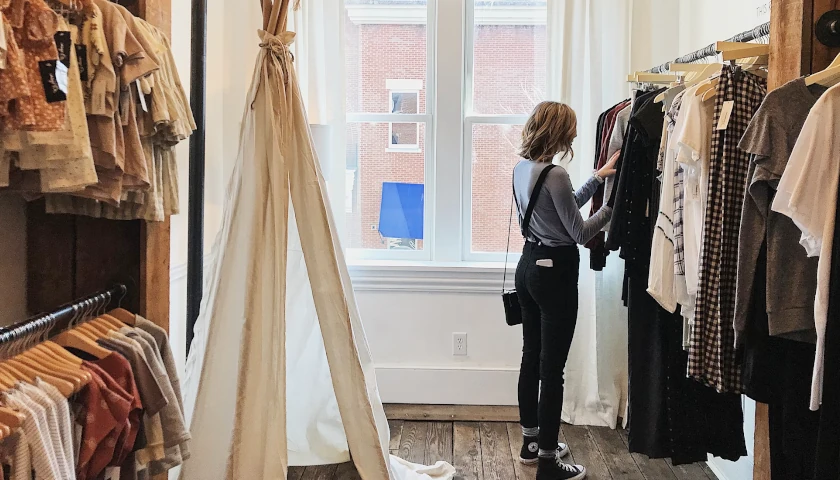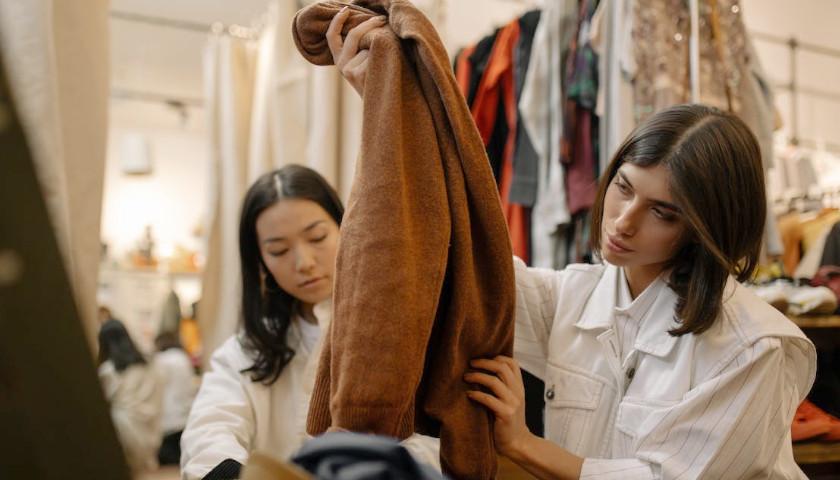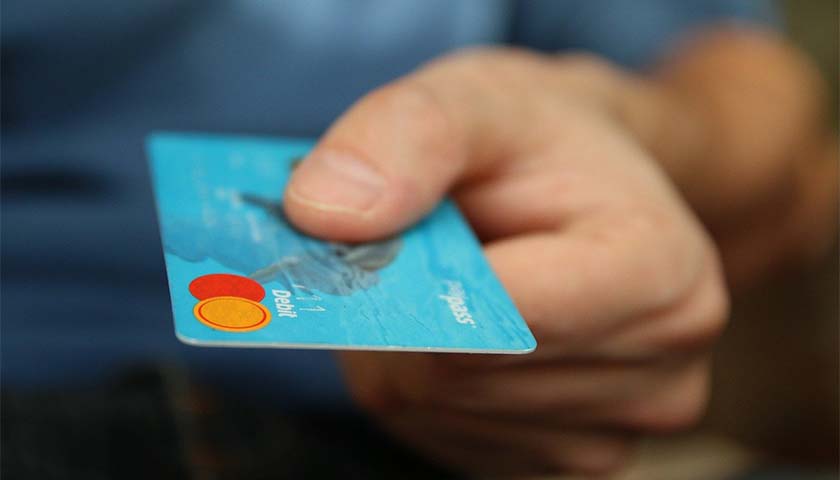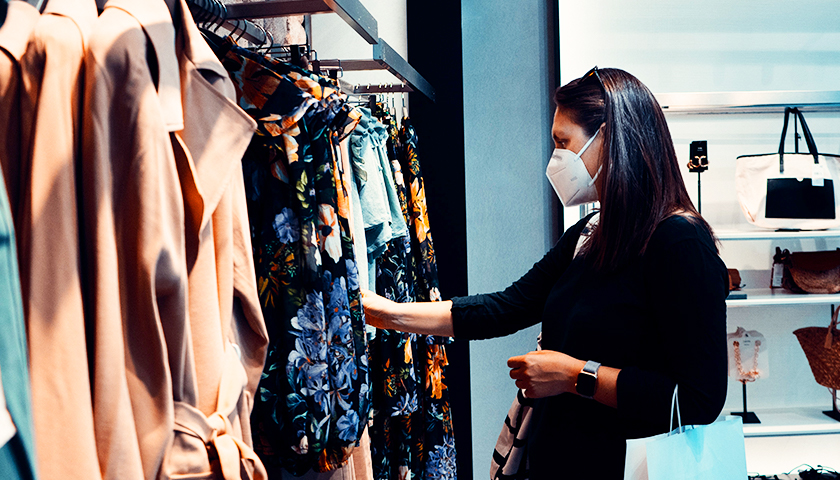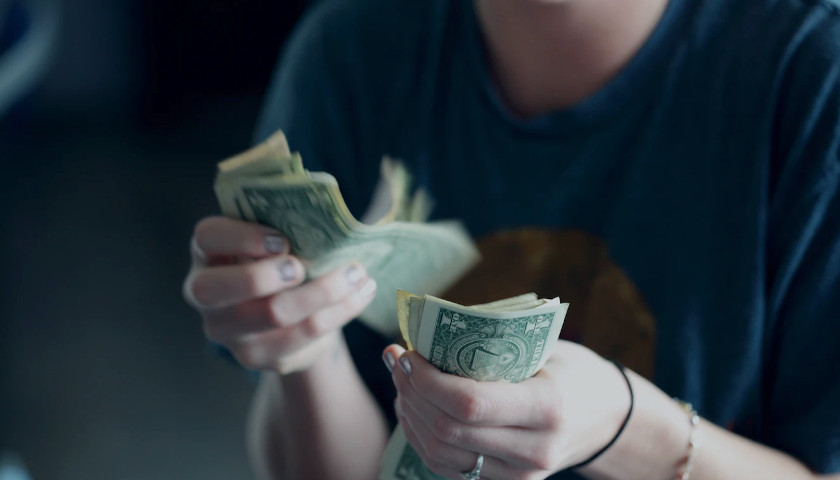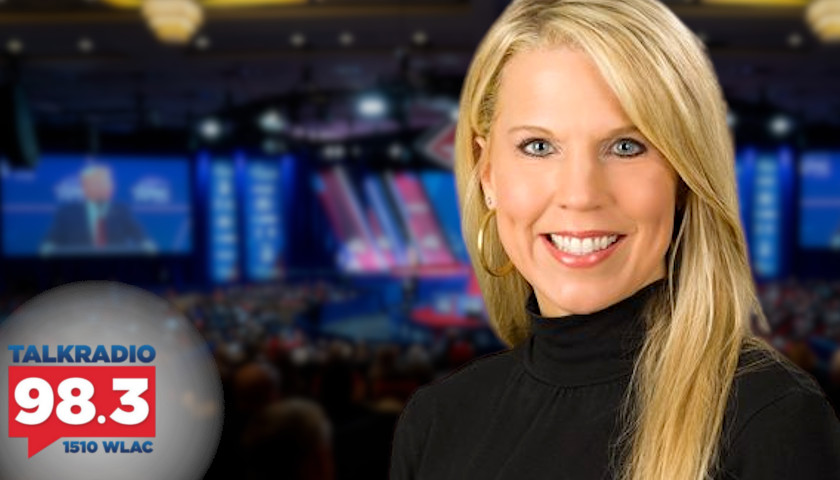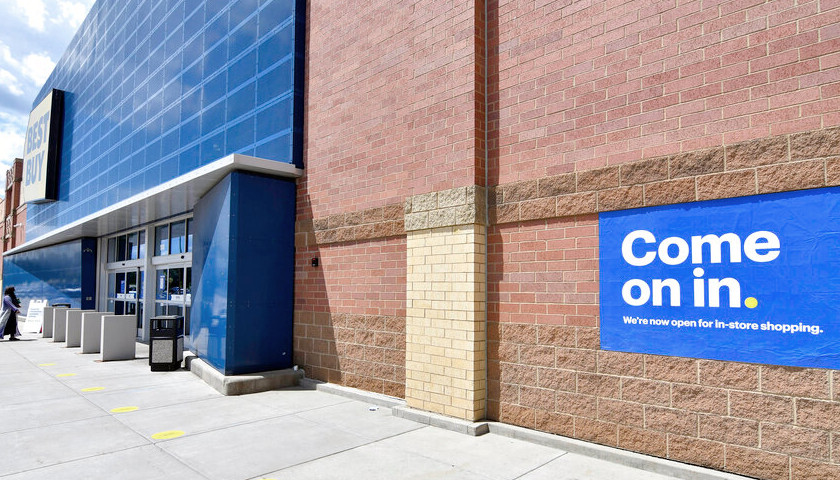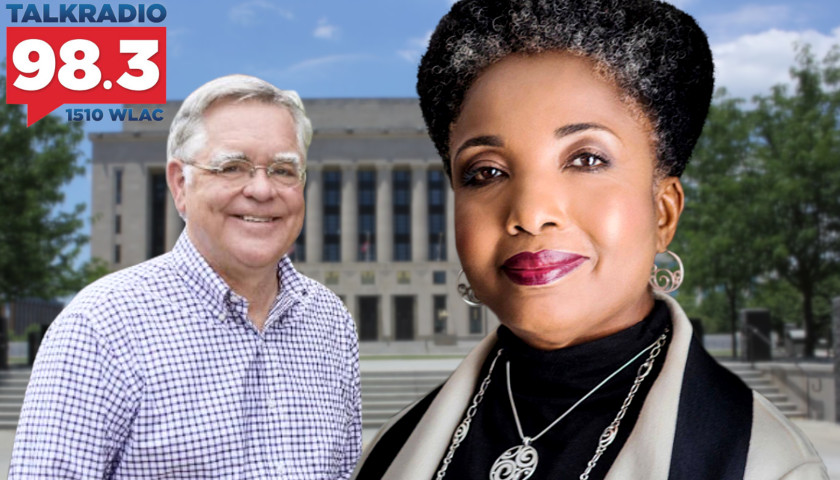U.S. consumer spending growth slowed in September, and income dropped due to high COVID-19 cases, supply shortages, rising inflation, and ending unemployment benefits.
Consumer spending increased 0.6% in September, down from a 1% jump in August, the Commerce Department announced Friday. Personal income fell 1% in September, driven by a 72% drop in unemployment insurance benefits that offset a 0.7% spike in wages and benefits, according to The Wall Street Journal.
Economists polled by Reuters projected a 0.5% in consumer spending. Delta variant cases peaked in the middle of September, and the continued supply chain backups have caused shortages and rising prices, making it harder for consumers to purchase their desired goods, the WSJ reported.
Read the full story

